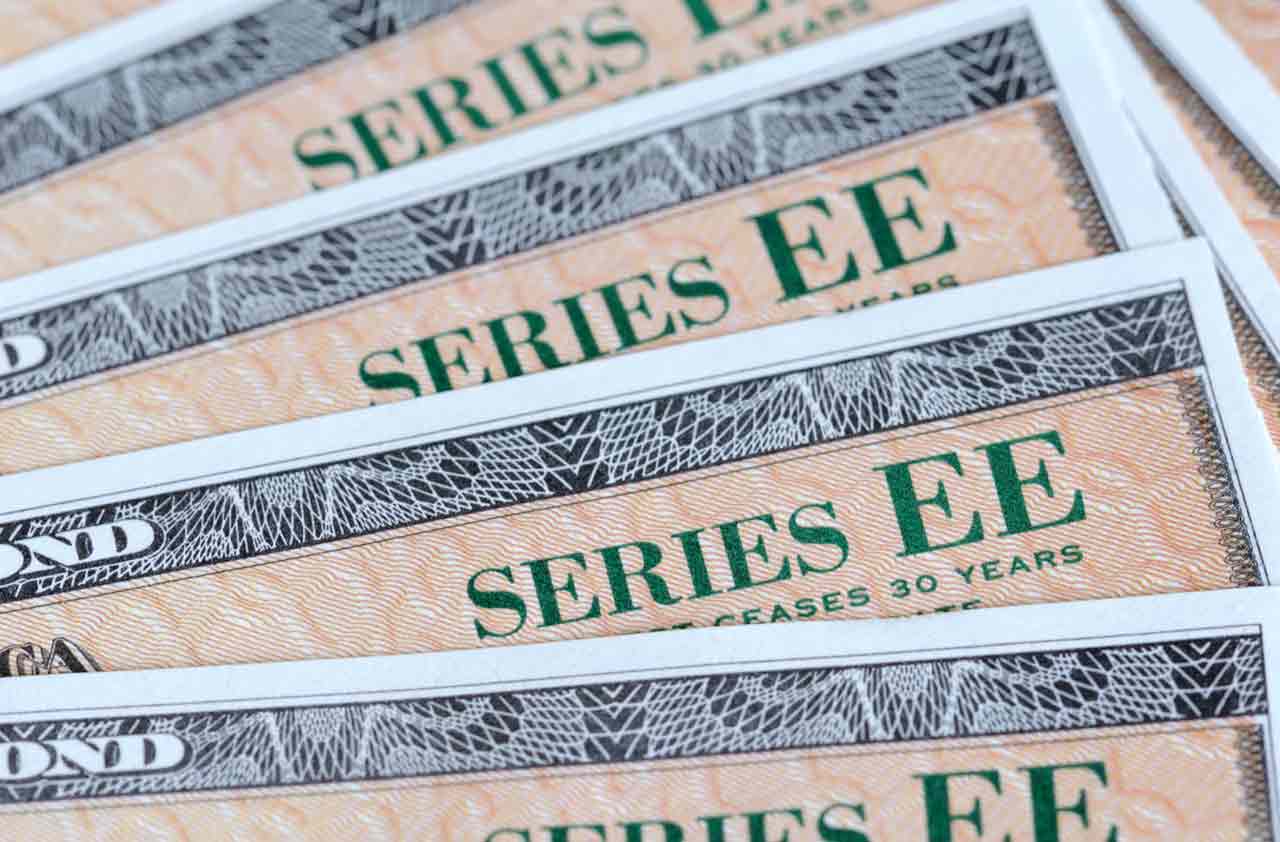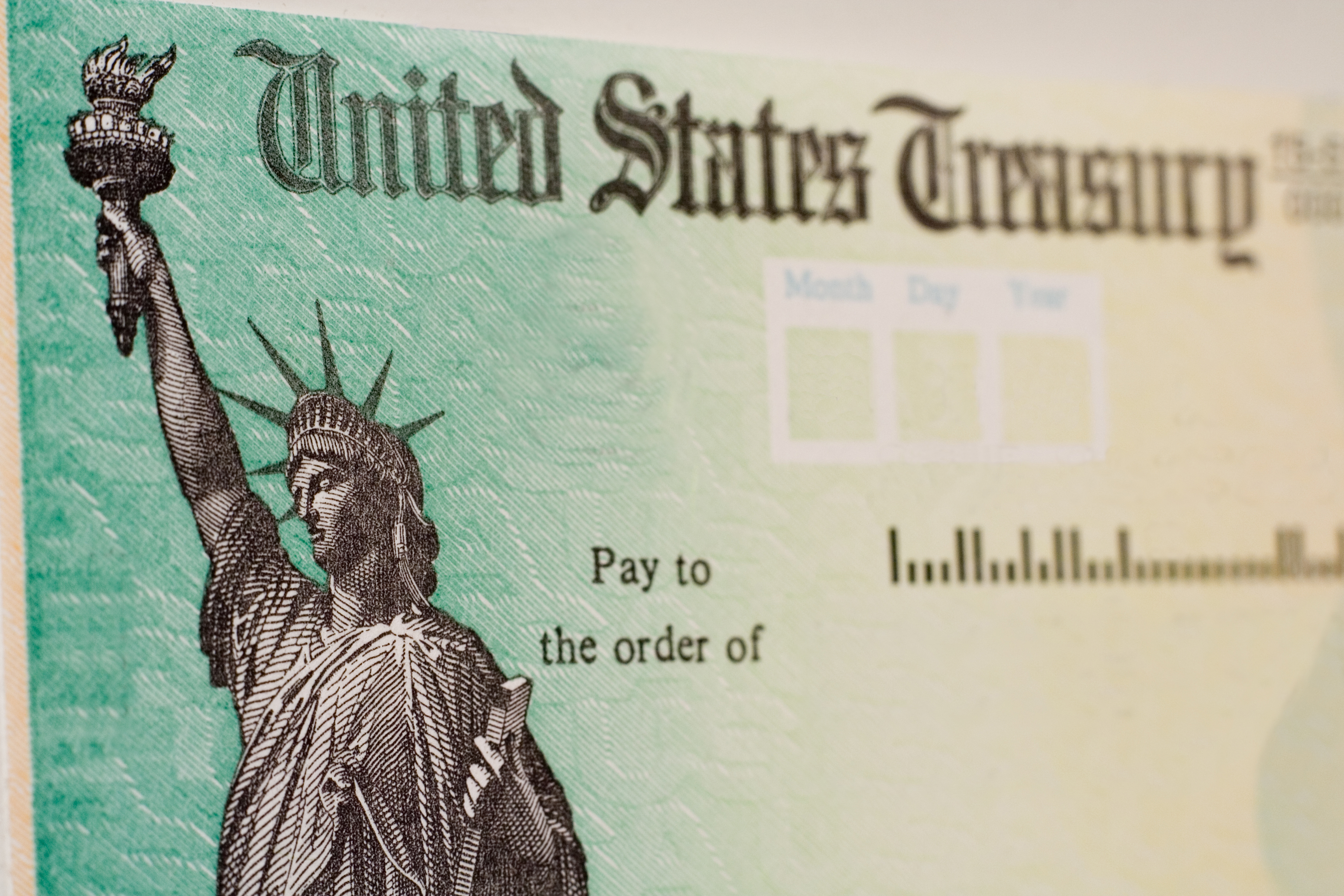Treasuries: America’s Best Product?
Whatever you think about politics or politicians, in tough times investors will do well to bet on the government.


Profit and prosper with the best of Kiplinger's advice on investing, taxes, retirement, personal finance and much more. Delivered daily. Enter your email in the box and click Sign Me Up.
You are now subscribed
Your newsletter sign-up was successful
Want to add more newsletters?

Delivered daily
Kiplinger Today
Profit and prosper with the best of Kiplinger's advice on investing, taxes, retirement, personal finance and much more delivered daily. Smart money moves start here.

Sent five days a week
Kiplinger A Step Ahead
Get practical help to make better financial decisions in your everyday life, from spending to savings on top deals.

Delivered daily
Kiplinger Closing Bell
Get today's biggest financial and investing headlines delivered to your inbox every day the U.S. stock market is open.

Sent twice a week
Kiplinger Adviser Intel
Financial pros across the country share best practices and fresh tactics to preserve and grow your wealth.

Delivered weekly
Kiplinger Tax Tips
Trim your federal and state tax bills with practical tax-planning and tax-cutting strategies.

Sent twice a week
Kiplinger Retirement Tips
Your twice-a-week guide to planning and enjoying a financially secure and richly rewarding retirement

Sent bimonthly.
Kiplinger Adviser Angle
Insights for advisers, wealth managers and other financial professionals.

Sent twice a week
Kiplinger Investing Weekly
Your twice-a-week roundup of promising stocks, funds, companies and industries you should consider, ones you should avoid, and why.

Sent weekly for six weeks
Kiplinger Invest for Retirement
Your step-by-step six-part series on how to invest for retirement, from devising a successful strategy to exactly which investments to choose.
Every financial crisis has unique origins, but you can count on this constant: Investments funded or backed by the U.S. government have an intrinsic advantage. It’s irrelevant whether the Treasury borrows trillions or that the U.S. is caught with the rest of the world in a sharp recession. All nations can claim superiority at something, whether it’s art, electronics, engineering, fashion, gastronomy, music or soccer. Well, America unquestionably manufactures the world’s greatest government securities, denominated in the globe’s favorite currency. And tough times demand the very best.
The hunt for safe havens explains the high returns so far this year in Treasury notes and bonds. Through mid April, the T. Rowe Price U.S. Long-Term Treasury fund (symbol PRULX) showed a year-to-date return of 24.1%. Its intermediate-term sibling, PRTIX, gained 7.8%. The yield on the 30-year T-bond was recently 1.3%, a full percentage point less than on New Year’s Day. That means older 30-year Treasuries with coupons like 4%—the stuff you find in funds such as PRULX—change hands at 50% or 60% above their face value. (Yields, returns and other data are through April 17.)
Chasing a madcap T-bond rally is not the only way to prosper beneath Uncle Sam’s umbrella. FDIC-insured bank deposits, a few of which still pay 1.5%, are just a start. Despite the economic contraction (or because of it), this is a fine time to pursue safety and income from proxy Treasury sources, such as government-guaranteed mortgages, real estate leased to federal and military tenants, stocks and bonds of defense contractors (whose revenues come almost entirely from the feds), and the dollar itself.
From just $107.88 $24.99 for Kiplinger Personal Finance
Become a smarter, better informed investor. Subscribe from just $107.88 $24.99, plus get up to 4 Special Issues

Sign up for Kiplinger’s Free Newsletters
Profit and prosper with the best of expert advice on investing, taxes, retirement, personal finance and more - straight to your e-mail.
Profit and prosper with the best of expert advice - straight to your e-mail.
One gem is WisdomTree Bloomberg US Dollar Bullish (USDU, $28), a direct way to benefit from the dollar’s enduring strength against foreign currencies. The fund pays a year-end cash distribution from Treasury debt it owns, as well as the proceeds from its activity in foreign-currency futures. The 2020 total return so far is 5.7%. Those who insist the dollar is “overvalued” and will “fall” or be “dumped” never say what is supposed to rise in its place. Yuan? Bitcoin? I don’t think so.
For monthly interest income, Ginnie Mae funds excel. These own pools of home mortgages, such as Veterans Administration and Federal Housing Administration loans, whose principal and interest are guaranteed by Uncle Sam. The Bloomberg Barclays GNMA index is up 3.1% for the year to date. Offerings from leading fund firms include: Fidelity GNMA (FGMNX), T. Rowe Price GNMA (PRGMX), Pimco GNMA (PAGNX) and Vanguard GNMA (VFIIX). You’ll earn a yield of about 2.5%. Mortgage rates aren’t so low that there will be as much refinancing as the headlines imply, which bodes well for the principal.
Stealth guarantee. Consider corporate bonds effectively backed by federal payments. Northrop Grumman (NOC, $356), a defense contractor, gets 85% of its revenue from the Treasury. When it issued $2.25 billion of bonds in March—at the height of widespread liquidity and solvency panics—prices leaped 15% to 30% after issuance. Even so, the yields to maturity were recently solidly above 3%. Northrop is rated triple-B, but that’s a cut above other triple-B’s, because the taxpayers pay the bills.
Real estate investment trusts have been slammed by store closures, office vacancies, rent and mortgage deferrals, and desperate profit-taking. But Easterly Government Properties (DEA, $27), whose best tenants are the FBI, VA, FDA and Defense Department, is up 15.4% this year. It yields 3.8%. Whatever you think about politics or politicians, in tough times you’ll do well to bet on the government.
Profit and prosper with the best of Kiplinger's advice on investing, taxes, retirement, personal finance and much more. Delivered daily. Enter your email in the box and click Sign Me Up.

Kosnett is the editor of Kiplinger Investing for Income and writes the "Cash in Hand" column for Kiplinger Personal Finance. He is an income-investing expert who covers bonds, real estate investment trusts, oil and gas income deals, dividend stocks and anything else that pays interest and dividends. He joined Kiplinger in 1981 after six years in newspapers, including the Baltimore Sun. He is a 1976 journalism graduate from the Medill School at Northwestern University and completed an executive program at the Carnegie-Mellon University business school in 1978.
-
 Dow Adds 1,206 Points to Top 50,000: Stock Market Today
Dow Adds 1,206 Points to Top 50,000: Stock Market TodayThe S&P 500 and Nasdaq also had strong finishes to a volatile week, with beaten-down tech stocks outperforming.
-
 Ask the Tax Editor: Federal Income Tax Deductions
Ask the Tax Editor: Federal Income Tax DeductionsAsk the Editor In this week's Ask the Editor Q&A, Joy Taylor answers questions on federal income tax deductions
-
 States With No-Fault Car Insurance Laws (and How No-Fault Car Insurance Works)
States With No-Fault Car Insurance Laws (and How No-Fault Car Insurance Works)A breakdown of the confusing rules around no-fault car insurance in every state where it exists.
-
 The Most Tax-Friendly States for Investing in 2025 (Hint: There Are Two)
The Most Tax-Friendly States for Investing in 2025 (Hint: There Are Two)State Taxes Living in one of these places could lower your 2025 investment taxes — especially if you invest in real estate.
-
 The Final Countdown for Retirees with Investment Income
The Final Countdown for Retirees with Investment IncomeRetirement Tax Don’t assume Social Security withholding is enough. Some retirement income may require a quarterly estimated tax payment by the September 15 deadline.
-
 Why Investors Needn't Worry About U.S. Credit Downgrade
Why Investors Needn't Worry About U.S. Credit DowngradeFitch Ratings The United States saw its credit rating downgraded for just the second time in history, but experts aren't worried about the long-term damage to stocks.
-
 Bond Basics: U.S. Agency Bonds
Bond Basics: U.S. Agency Bondsinvesting These investments are close enough to government bonds in terms of safety, but make sure you're aware of the risks.
-
 Bond Ratings and What They Mean
Bond Ratings and What They Meaninvesting Bond ratings measure the creditworthiness of your bond issuer. Understanding bond ratings can help you limit your risk and maximize your yield.
-
 Bond Basics: Treasuries
Bond Basics: Treasuriesinvesting Understand the different types of U.S. treasuries and how they work.
-
 Bond Basics: Ownership
Bond Basics: Ownershipinvesting Bonds come in a variety of forms, but they all share these basic traits.
-
 Bond Basics: Pick Your Type
Bond Basics: Pick Your Typeinvesting Bonds offer a variety of ways to grow wealth and fortify your portfolio. Learn about the types of bonds and how they work.